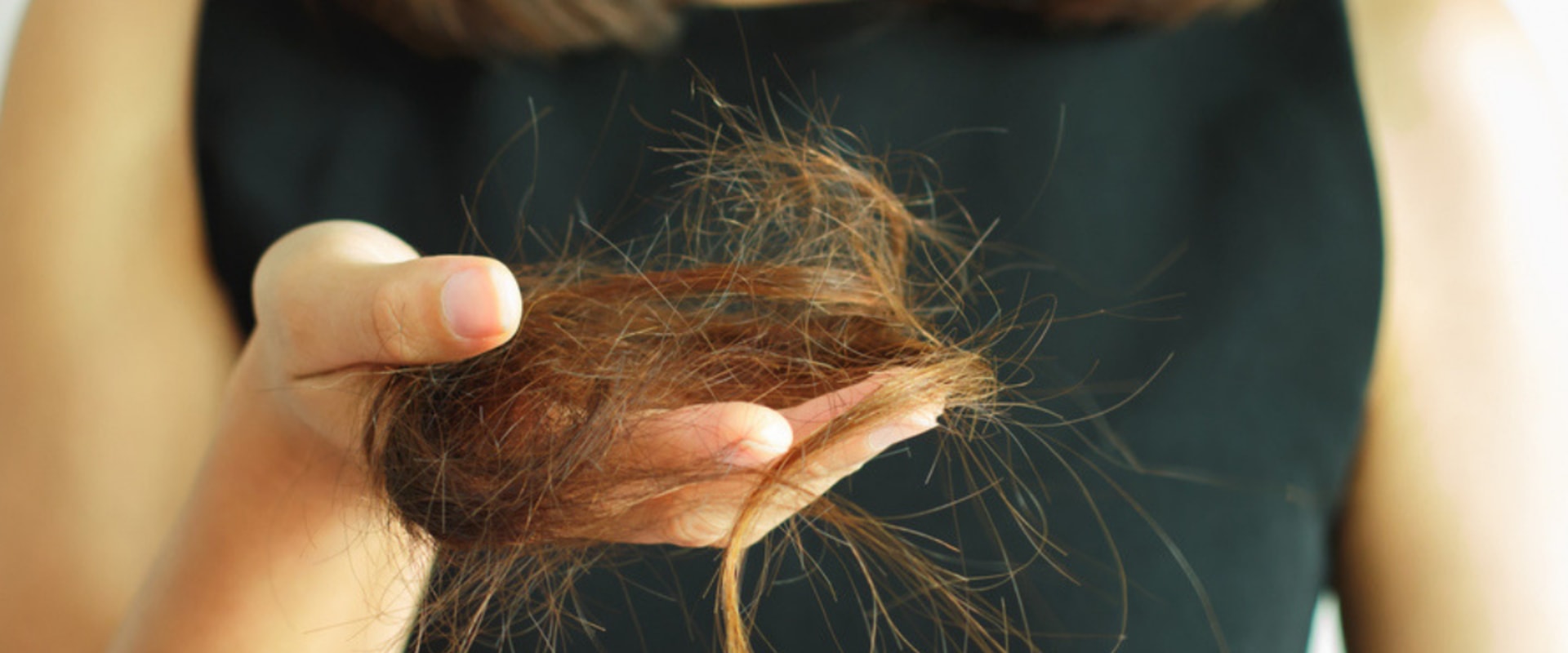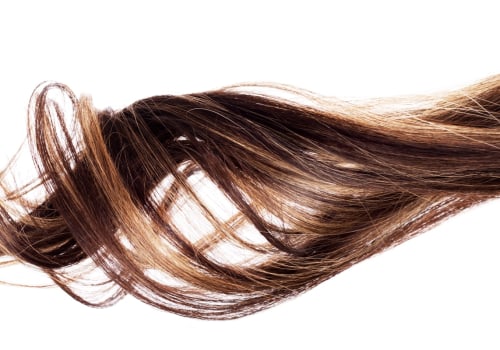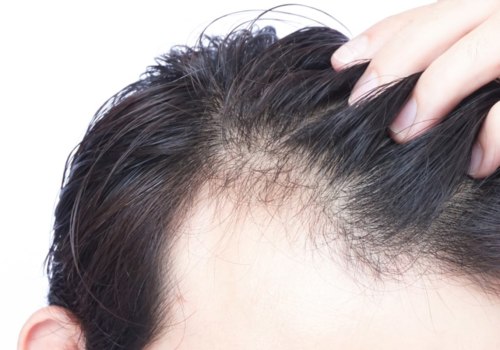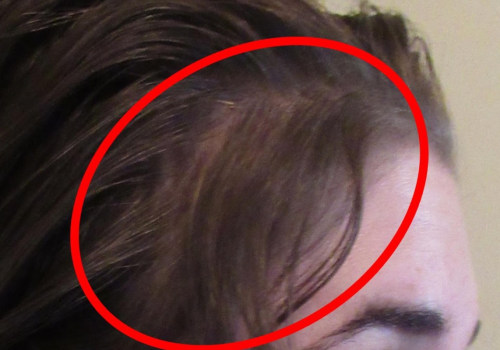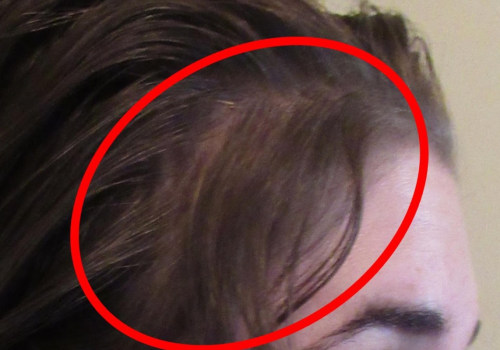For example, sudden weight loss and restrictive diets have been linked to a condition known as acute telogen effluvium (TE), one of the most common causes of widespread scalp hair loss (1,. ET usually occurs about 3 months after a triggering event, such as rapid weight loss, and lasts about 6 months. Hair loss due to weight loss is not dangerous or permanent. In general, the body adjusts in a few months and hair production resumes.
Prevention and treatment of telogen effluvium focus on proper nutrition and diet. Maintaining a balanced diet while avoiding fast diets and quick fixes is important for long-term weight loss success, as well as avoiding telogen effluvium. Your body needs adequate calories and protein to feed the hair follicles. According to some experts, the more weight you lose, the more likely you are to experience some degree of hair loss.
Losing and regaining weight for many years can affect your metabolism and hair growth. Some people may experience hair loss within 3 to 6 months of starting diets (for example, usually temporary, a balanced and healthy diet should reverse hair loss within six months. This condition, which causes thinning or hair loss, occurs when the hair enters the telogen phase prematurely. Use Toppik Building Hair Fibers to instantly thicken any visibly sparse areas, especially around the hairline and crown.
This can be done in a variety of ways, but I use a shampoo brush with soft silicone bristles every time I wash my hair. In short, this type of hair loss is a diffuse hair loss in relation to the normal cycle of hair growth. Telogen effluvium after weight loss is sometimes the result of nutrient deficiencies in the diet and the cumulative effects of weight loss on the body. Either way, it's important to know the facts about the connection between weight loss and hair loss and rule out other potential causes.
These links are complex, so if you suffer from hair loss, your diet could be the cause, but also other factors. Hair loss associated with weight loss surgery is called telogen effluvium and has to do with the normal cycle of hair growth. Protein is essential for hair growth, so a lack of healthy protein in the diet can lead to breakages in the hair strands that are resistant to growth again. Simply put, the rest of your body usually takes precedence when it comes to protein, so, with the wrong diet, your hair can suffer.
When using the conditioner, avoid applying it to the roots, as this area does not need as much moisture and the extra moisture will only make the hair look flabby. Other nutrients involved in hair loss include zinc, biotin, folate, vitamin B-6, and essential fatty acids. Dieting can cause physical and emotional stress, causing more hair than normal to enter the telogen phase.
